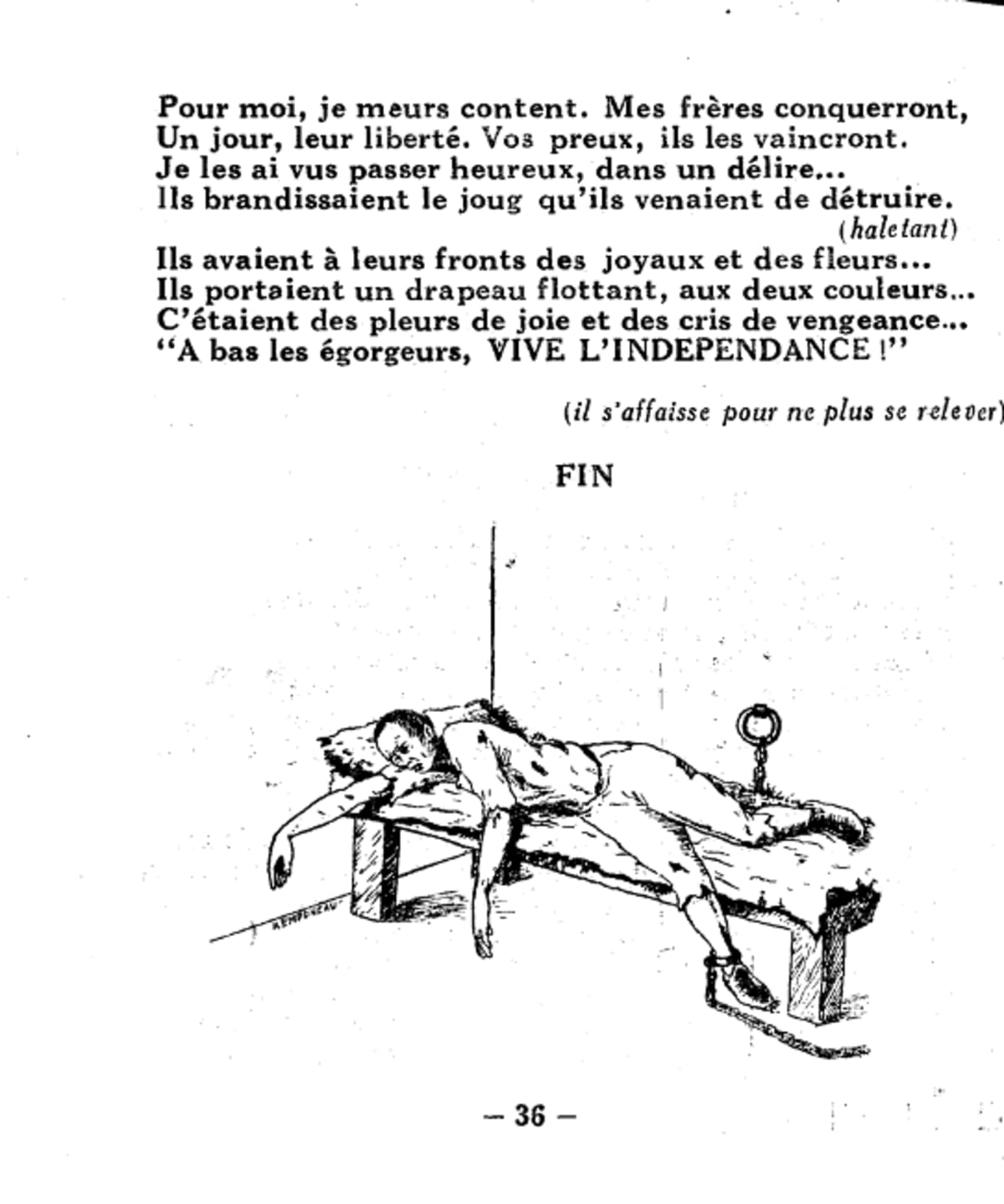April 7 will perhaps forever remain a dubious day in Haitian history. On that day in 1803, Toussaint Louverture was found dead by his French jailers at the Fort de Joux prison in the Jura mountains of France. I wrote at length about how the French caused his death in an article for History Today magazine called "The Wrongful Death of Toussaint Louverture." The article is available without a paywall by clicking on the hyperlink above.
But while the date of Toussaint Louverture's death is fairly well-known, something else momentous happened on this day in Haitian history, but seven years after Louverture's tragic demise. On April 7, 1810, Louverture's main rival, André Rigaud, returned to Haiti. Was he sent back to help reinstate slavery? Haitians living in the kingdom of Haiti believed so. One thing is for sure though, this exiled revolutionary's return to the island of his birth changed Haiti’s political destiny. I wrote about this for History Today last year in an article called "André Rigaud: Napoleon’s Man in Haiti." Read the introduction below and scroll down for access to the whole article:
In 1893 the Black American playwright William Edgar Easton published Dessalines, a Dramatic Tale: A Single Chapter From Haiti’s History, a play about the Haitian Revolution. Ostensibly a biopic of independent Haiti’s founder General Jean-Jacques Dessalines, the play prominently featured another of the revolution’s notable figures: General André Rigaud, a free man of mixed French and African ancestry, described as a ‘mulatto’ in the parlance of the day. Off-stage, Rigaud is most infamous for his rivalry with Haiti’s best known revolutionary, Toussaint Louverture, but in Easton’s play Rigaud’s main rival is not Louverture (who does not even appear as a character), but Dessalines. While the heroic Dessalines fights the French to prevent them from reinstating slavery in the colony of Saint-Domingue, the too-trusting Rigaud fights, initially, on France’s behalf. Yet whether Rigaud’s foil is Louverture (as in the historical record) or Dessalines (as in Easton’s play), the accepted cause of the rivalry is always the same: Rigaud’s colour prejudice against Haiti’s Black revolutionaries.
Read the rest of the article here: https://www.academia.edu/128634455/Andr%C3%A9_Rigaud_Napoleon_s_Man_in_Haiti
How to cite this page: Marlene L. Daut, "On This Day in Haitian History (April 7, 1803 and April 7, 1810): Death of Toussaint Louverture....And Seven Years Later, the Shocking Return of his rival André Rigaud," King of Haiti's World Blog, April 7, 2025 <https://marlenedaut.com/blog/on-this-day-in-haitian-history-april-7-1803-and-april-7-1810-death-of>

